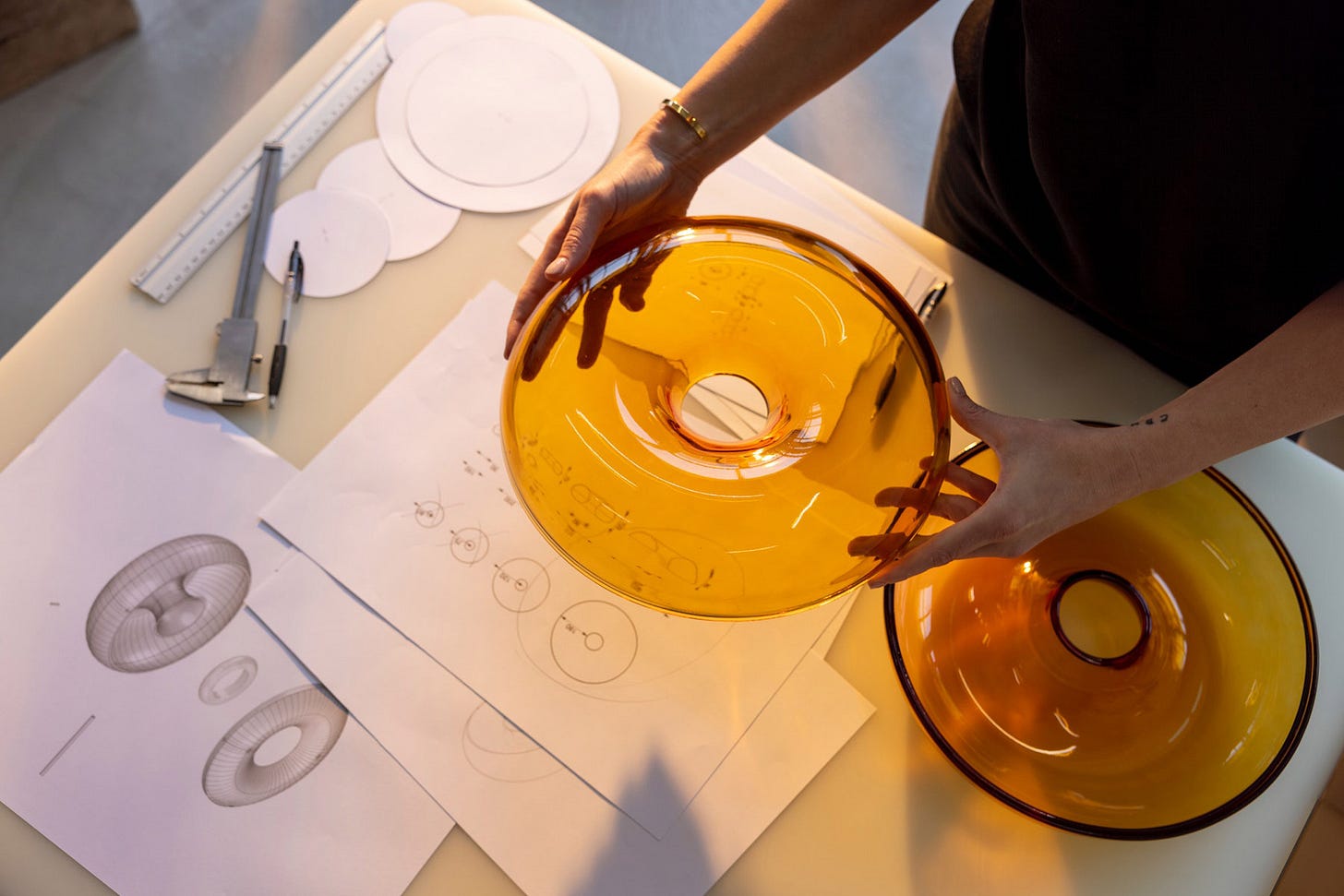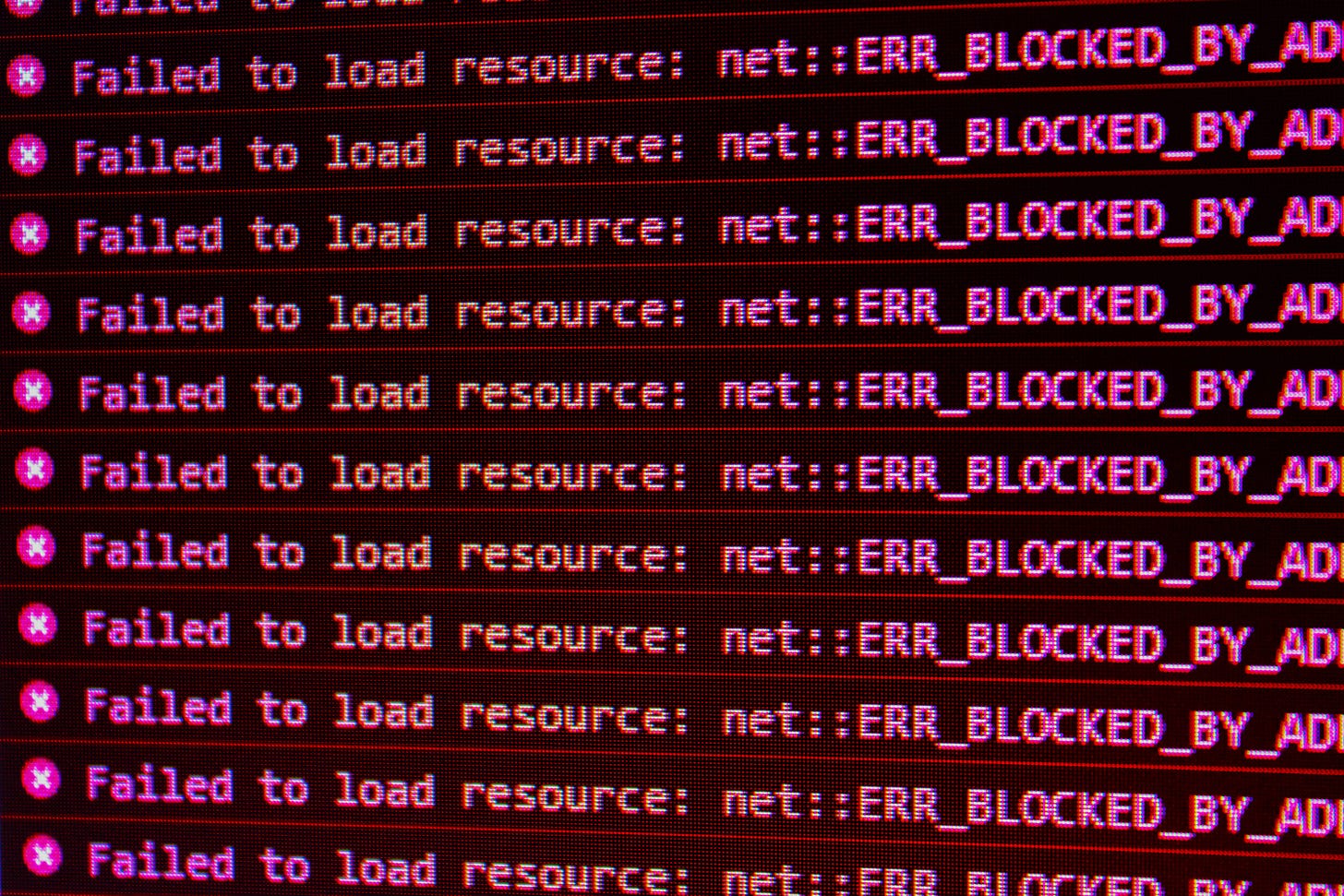⫹⫺ Widen the Aperture
CMMN WLTH 110 - Cheat Codes for Creators, Makers & Doers
Hello my friends,
If you’re feeling stuck or uninspired, change your inputs.
Widen the aperture.
Look for connections.
Join the dots.
— Andy
In this week’s email:
Product - IKEA’s unconventional approach to design.
People - Overcoming the tendency to label.
Process - Learning through elimination.
Out of Office - SERIFA’s internet art store.
*Product
Mass production: "A possibility to drive progress and change."
“If our products make you happy, help you imagine how to solve something in your home and don't put a big hole in your wallet, that's kind of what we do under our vision."
IKEA employs 23 in-house designers and approx. 200 freelance designers and create 2000 - 2500 new products per year.
Many companies offer their own versions or adaptations of popular IKEA products. Unconventionally, the design team sees this as a positive and use dupes to learn from.
Transporting air goes against the team’s sustainability goals. "It's in the DNA when doing an IKEA product design – you cannot do the design without having an idea of how it can be broken down to fit into packaging."
*People
Fundamental Attribution Error
“The fundamental attribution error refers to an individual's tendency to attribute another's actions to their character or personality, while attributing their own behavior to external situational factors outside of their control.”
Actively acknowledging Fundamental Attribution Error (FAE) and making a conscious effort to limit it’s effect will helps you become a better manager and leader.
FAE can lead to an unfair judgment of employees based on isolated incidents without considering situational factors.
Attributing a certain characteristic to a colleague often happens instantly. Changing this perception can take a long time and often requires multiple proofs.
*Process
The Process of Making Good Decisions By Eliminating Bad Ones
“Our knowledge and inherent understanding of downsides is far more robust than what we know about upsides.”
“Via Negativa” emphasizes learning through elimination and focusing on what not to do, as generally negative knowledge is more robust than positive.
Success can often happen at random. Studying failures can provide valuable empirical knowledge.
Use falsification to strengthen decision-making where disconfirmation is more rigorous than confirmation.
*Out of Office
My friends at SERIFA (finally!) opened an online art shop.
Weekly Subscribers: 348 (+2) ⬆️
Open Rate: 57% ⬆️





